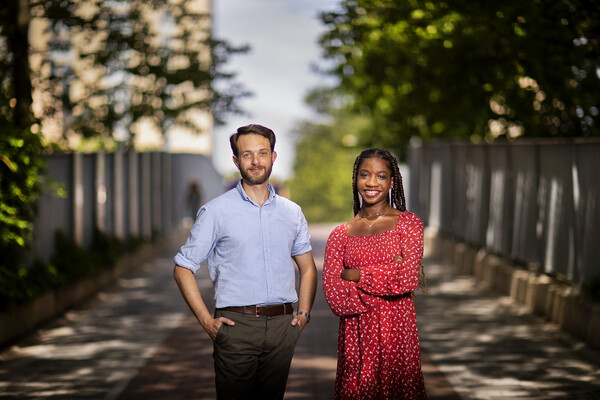
Through a yearlong practicum taught by William (Zev) Berger (left), a fellow with the Philosophy, Politics, and Economics program at Penn, rising senior Jeanica Geneus and four classmates learned how the research process works, including what to do when the results are unexpected.
 Taq-i Kisra is a vaulted hall near Baghdad that likely dates to the 6th century. After heavy rains in late 2020 caused part of it to collapse, the Penn team was asked to conduct an assessment on the structure. It’s one of the newest projects for the IHSP, funded by the International Alliance for the Protection of Heritage in Conflict Areas.
Taq-i Kisra is a vaulted hall near Baghdad that likely dates to the 6th century. After heavy rains in late 2020 caused part of it to collapse, the Penn team was asked to conduct an assessment on the structure. It’s one of the newest projects for the IHSP, funded by the International Alliance for the Protection of Heritage in Conflict Areas.
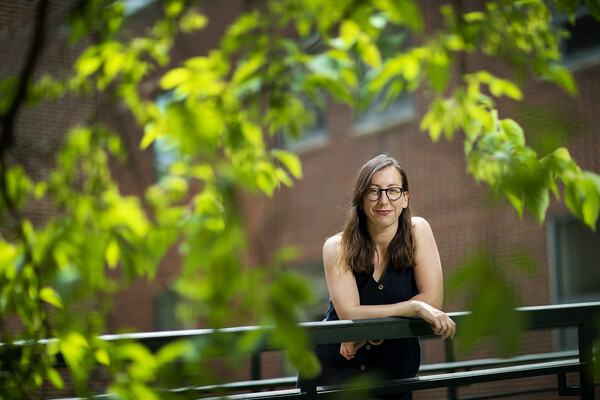
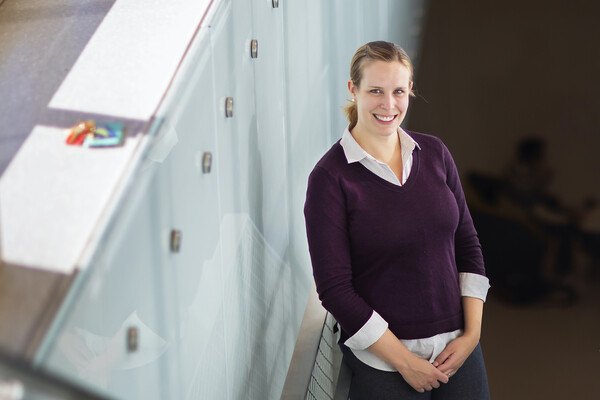
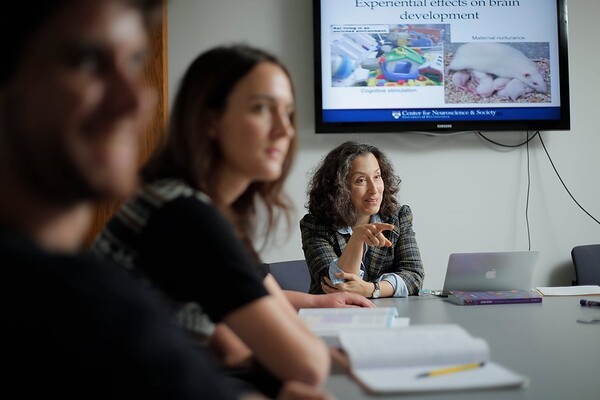
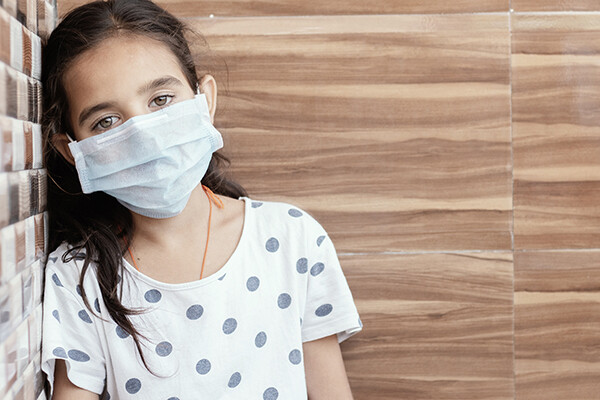
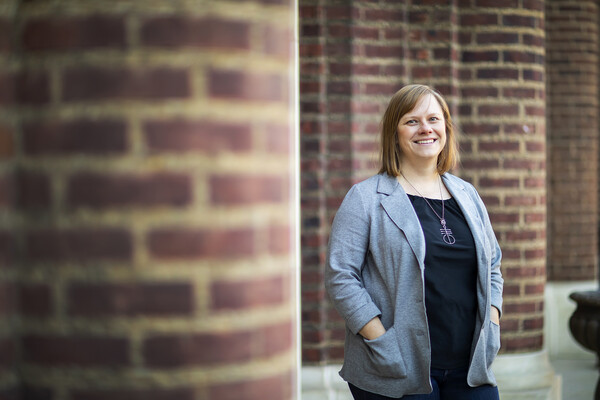
 The people around in a given moment—friends versus acquaintances, for instance—affect the importance morals take on for someone, according to new research published in Nature Communications.
The people around in a given moment—friends versus acquaintances, for instance—affect the importance morals take on for someone, according to new research published in Nature Communications.

